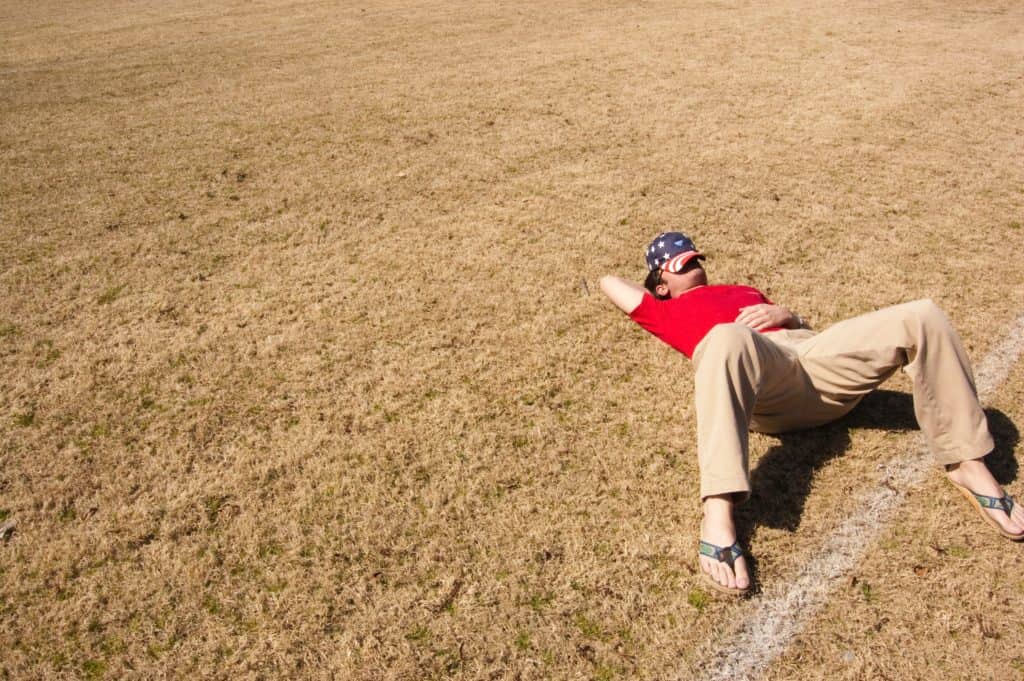New research finds that a growing number of college students are texting while asleep, adversely affecting their slumber.
A team out of Villanova University conducted the research, which was based on a survey of 372 students from two different universities. Respondents were asked questions about cell phone usage during the night and their perceived quality of Zzz’s. The numbers told it all: More than a quarter of students reported texting in their sleep. A majority of these midnight messengers —72 percent — said they didn’t remember doing so, either (can we get an undo-send option?!).
The researchers wanted to know more than just who was sleep texting. “College students have a well-earned reputation for not sleeping well,” lead author Dr. Elizabeth Dowdell told Sleepopolis. “I wanted to know from a health perspective how cell phones affect sleep.”
Those who got hold of their devices in the night reported lower sleep quality and a higher number of sleep disturbances, suggesting that sleep texting influences poor snooze habits.
“I literally had a student just 45 minutes ago tell me she puts her phone under her pillow,” Dowdell told me during our conversation, adding further anecdotal evidence to the data set.

SOS: We’re SMS’ing While We Snooze
Our glue-like connection to our devices is continuing to get, well, stickier. While texting has become a helpful means of personal communication, we’ve taken it to a new level. Young adults are exchanging as many as 100 messages a day and are spending over four hours in front of their screens. Perhaps unsurprisingly, research also shows that phones are interfering with their slumber.
“For students especially, we see that sleep deprivation impacts memory, function, reaction time, test performance, and class performance,” Dowdell lists. “We need to teach [students] how to responsibly handle this powerful device.”
College students, on average, clock in less than seven hours of sleep per night, and many report falling asleep in class at least once every three months. Consequently, lack of adequate sleep has been consistently rated as a top reason for why GPAs drop.

The Problem? Phone FOMO
One straightforward way to improve sleep habits and academic performance is to encourage students to ditch their devices. However, this might be easier said than done, as Dowdell postures that college kids don’t want to lose sight of their phones for fear of missing out on social activities.
“Having your phone in bed is about being connected,” Dowdell explained. “What if they miss something? What if someone is going out? It’s that being-connected feeling. Why don’t we have landlines anymore? We can’t take them with us.”
While it might be nearly impossible to pry phones from the hands of these youngsters, we can at least take some measures to improve the situation. While keeping the phone off and away is best, putting it on “do not disturb” is also useful.
“I always say this to my students, and I mean it sincerely,” Dowdell began. “You control the technology, the technology doesn’t control you. If you can’t turn it off or it has to be next to the bed, put it on airplane mode.”
